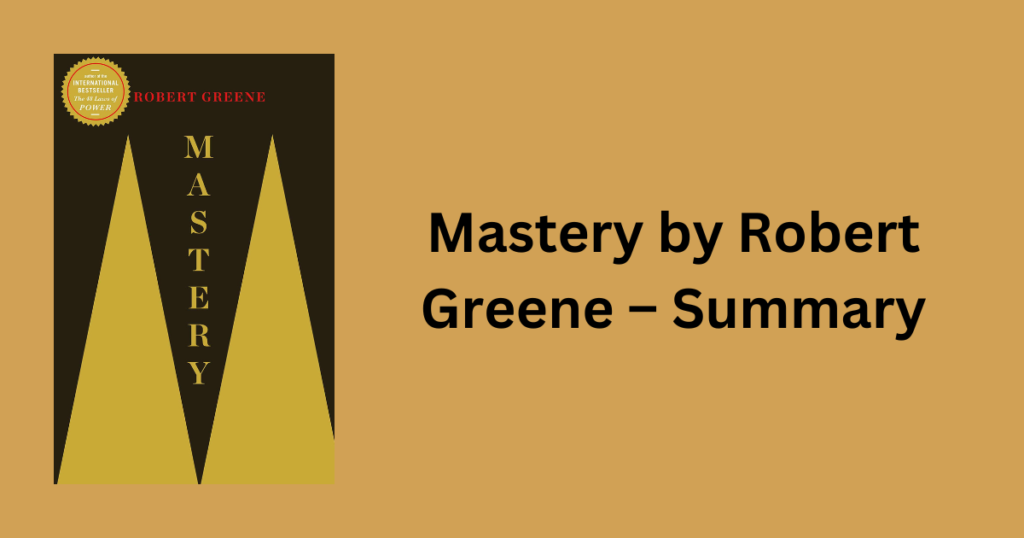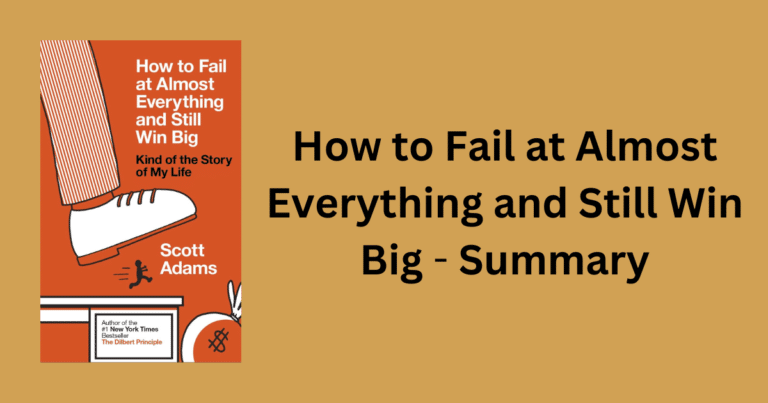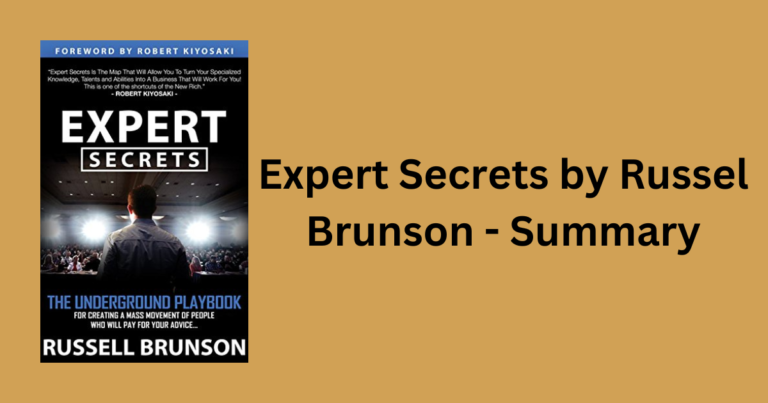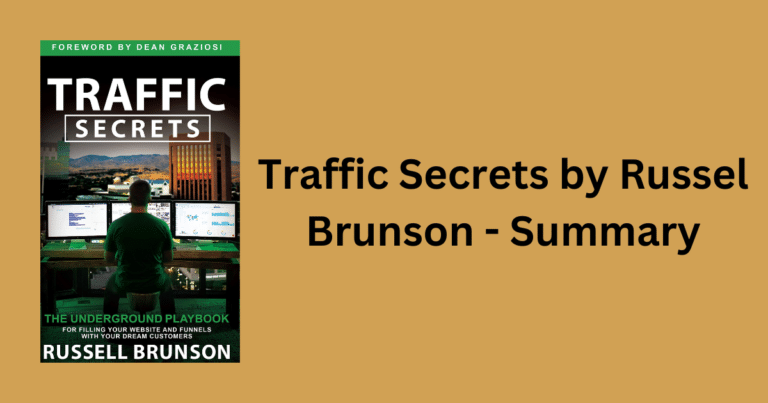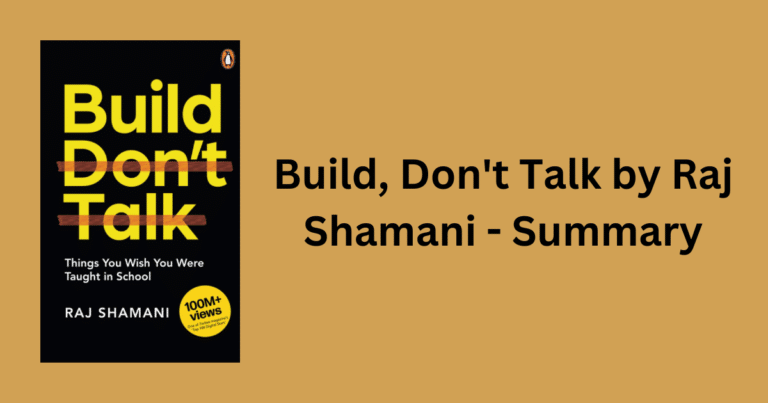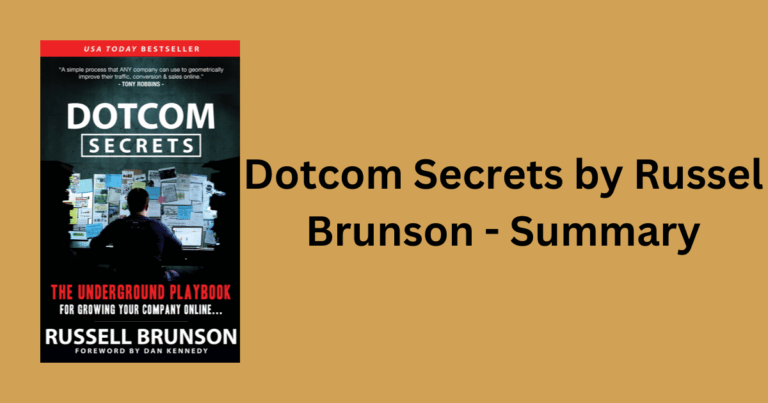There’s a deeper meaning to life than just having a 9-5 to pay the bills. That’s just not it: There’s a larger purpose. We all have a voice deep within us to create something. We all have something to give that’s our life’s task, and it’s our duty to fulfill it.
This book is a compilation of masters and their biographies, how they went about finding their calling and how they fulfilled their life’s tasks.
The ultimate form of power is mastery. All of us have the capabilities to be masters in our respective fields, but few of us will. We hold our fortune in our own hands.
The Life’s Task
We all have a natural inclination towards a particular subject ever since we were a child, but that voice got little attention as we conformed to social norms and gave attention to other voices.
We lost contact with this inner calling and gave in to peers and parents on what to do. We might have had success with it, but sooner or later true lack of desire for turning down the voice will catch up with us and leave us frustrated.
As Les Brown says: All of us are born unique but most of us die copies, never truly realizing our god-given gift and potential.
To identify your life’s task, look inward and find your inclinations and then look for a career path to match this interest if possible, else you have to do it the hard way by doing it on your time off.
Mozart took up piano at the age of 4 as a part of sibling rivalry. He practiced the piano feverishly, and that became his life. It consumed him.
In the end, money and success that lasts come to those who focus on mastery and fulfilling their life’s task.
The Ideal Apprenticeship
The second stage after finding out your life’s task is the apprenticeship ship where you acquire the skills. This is the critical phase, be it after formal education or switching careers.
The apprenticeship phase serves for the transformation of the mind and character. It leads to practical knowledge and explains how things and people work. The Apprenticeship phase is the most developmental and transformative.

The three main steps of the apprentice phase-
- Deep Observation- The primary task after entering the apprentice phase is to observe and absorb as deeply as possible. (Passive mode)
- Skills Acquisition- The most critical part of the apprenticeship practice towards the acquisition of skills. (Practise mode)
- Experimentation- This is the shortest part of the process: experiment with skills and you have gained to expose your ideas. (Active mode)
Adopt the craftsmanship mindset. We live in an era where everything is virtual, but the craftsmanship model is more necessary than ever for mastery.
People who work with their hands have a better feeling for the process. Albert Einstein was an avid violinist he believed playing with the instrument helped with his thinking.
The Apprenticeship phase is a lengthy exposure to a field to develop complex skills. It might seem long and arduous but there’s no shortcut here and if done correctly paves the way for mastery.
The Mentor Dynamic
Life is short, and time for learning and creativity is limited. The right mentor helps in this process. Their knowledge becomes yours. The Mentor-Protege relationship is the most efficient and productive form of learning.
If you are starting out to learn something from scratch, chances are high someone’s already been through that path. If you can learn from him, your time and effort shall be considerably reduced.
An important step in the Mentor-Protege relationship is that the mentor should match your life’s task. Every Master had a mentor. A mentor can see something hidden in you that you didn’t know.
Mike Tyson had Cus D’Amato, Michael Faraday had Humphry Davy, Freddie Roach had Eddie Futch, Glenn Gould had Alberto Guerrero, and the list goes on.
There’s no such thing as self-made. Anybody Successful had people help them at various circumstances to allow them to reach mastery.
Social Intelligence
The greatest obstacle in our pursuit of mastery comes from the emotional drain we experience in dealing with the resistance and manipulations of the people around us.
When we first enter the workforce, we are naïve. People manipulate, compete, and think of themselves first. We need to be wary of this and not get blindsided by this behavior.
Social Intelligence is nothing but discarding the naïve perspective and being more realistic with the situation. This involves focussing outward instead of inward and working on our empathetic skills.
The Seven Deadly Realities– Most of us have these qualities in relatively low doses- Envy, Conformism, Rigidity, Self-Obsessiveness, Laziness, Flightiness, and Passive Aggression. These emotions can be self-destructive and become visible during challenging times.
To understand and read people is a science on its own. One of the best practitioners of social intelligence in history has to be Benjamin Franklin.
The Creative-Active
Awakening the Dimensional Mind, i.e. The Creative-Active. After the Apprenticeship phase, it’s vital to not become complacent with what you know and to expand your knowledge to related fields.
Give your mind fuel to make new associations between different ideas. Experiment and look at problems from all angles. Soon you’ll find your own unique way of doing things.
The three states of mind-
- The Original Mind- The Original Mind looks at the world directly. It’s flexible and receptive to new information. We look at things intensely, but this intensity inevitably diminishes. The Original Mind is childlike and has a high level of creativity.
- The Conventional Mind- Under Pressure to make a living and conform to society our minds are forced into tighter and tighter grooves. The Conventional Mind calls for no childlike games and is strictly disciplined.
- The Dimensional Mind- The Dimensional Mind is what Masters employ in their arsenal. They combine discipline and child-like spirit.
The Dimensional Mind combines a high level of knowledge of the subject and openness and flexibility to use this knowledge in new and original ways. Destroy limiting beliefs and embrace change and weirdness in this stage.
“The intuitive mind is a sacred gift and the rational mind is a faithful servant. We have created a society that honors the servant and has forgotten the gift.”
albert einstein
Mastery
We often look at highly skilled workers as mythical creatures. We tend to label them as special or freaks of nature. We do this so that we can feel good about ourselves.
What we fail to see is the thousands of hours of work they put in to hone their craft. We only see the finished product, but we don’t see the product being made and the work it took to make it.
It’s said that to achieve mastery over anything requires sheer tenacity and an intense work ethic. Scientists have found that after the 10,000-hour mark the brain is literally altered.
There’re new grooves formed in the brain, and this happens after some 20,000 hours. With this much practice at their disposal, masters find it to be second nature before it becomes their intuition.
To attain this form of intelligence is to make our years of study qualitatively rich and not just put in the hours for the sake of it. We are continuously awake, not merely going through the motions.
Chess Master Bobby Fisher is a great example of the 10,000-hour rule. He was so familiar with the board and its pieces that when certain patterns presented themselves during the game, he already knew the best counter.
Because he had seen that exact move in practice, he would trap his opponents well before they knew what was going to happen. It gave him an edge over his competitors.
Masters make decisions based on intuition, and this intuition like any skill requires practice and experience.
In order to master a field, you have to love the subject and feel a profound connection to it. There are no shortcuts Mastery requires time and devotion, and in the fast-paced environment we live in we want results now, but that’s not how mastery works.
If people knew how hard I worked to get my mastery, it wouldn’t seem so wonderful at all.
michelangelo
